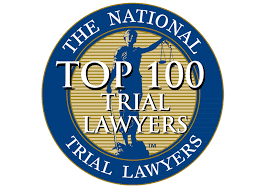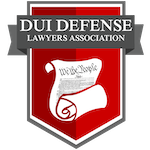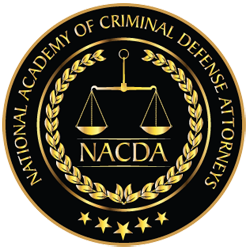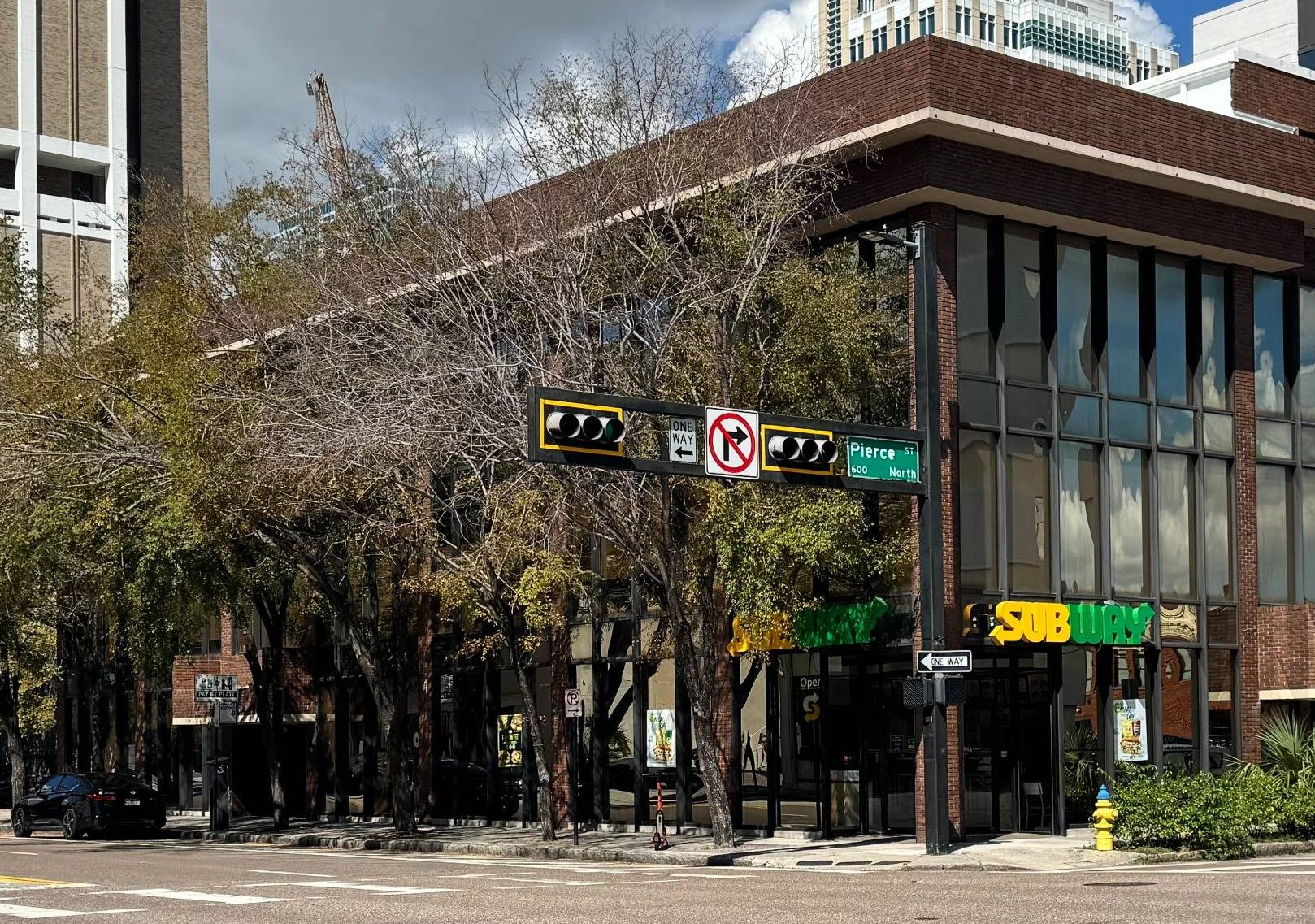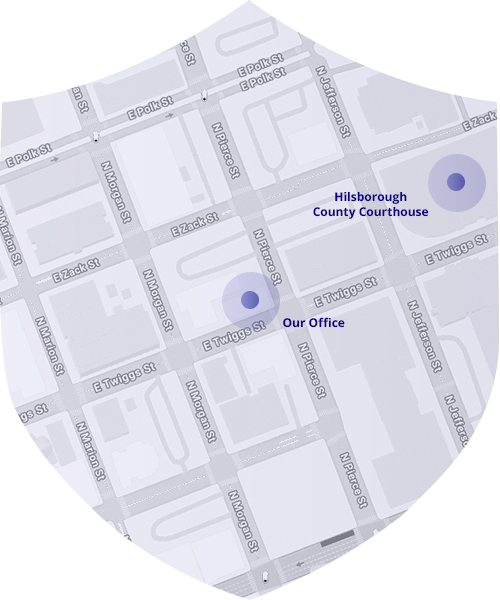- Free Consultation 24/7: (813) 727-7159 Tap Here To Call Us
Florida Supreme Court: PTSD Relevant in Self-Defense

But Only If Your Attorney Argues It Correctly
Oquendo v. State, SC2023-0807 (Fla. Oct. 9, 2025)
| Case Summary: Oquendo v. State Holding: PTSD evidence can be relevant to self-defense claims—specifically to show what the defendant actually believed at the time of the incident. Key Limitation: PTSD alone won’t justify self-defense. Attorney must connect it to BOTH parts of Florida’s legal test: subjective belief AND objective reasonableness. Practical Impact: Veterans and trauma survivors can now use expert testimony to explain heightened fear responses—but only with skilled legal framing. |
In Oquendo v. State, the Florida Supreme Court clarified an important question for anyone claiming self-defense—especially military veterans or trauma survivors. The ruling opens the door to PTSD evidence but also establishes clear requirements for how that evidence must be presented.
Florida’s Two-Part Self-Defense Test
| Component | Legal Question | How PTSD Applies |
| Subjective Belief | What did the defendant actually believe at the time? | PTSD can explain heightened fear, hypervigilance, and fight-or-flight responses that shaped perception |
| Objective Reasonableness | Would a reasonably cautious person have acted the same way? | Attorney must connect PTSD perception to objectively reasonable response—this is where skilled framing is essential |
The distinction matters because PTSD evidence alone won’t justify self-defense. The attorney must tie it directly to both parts of the legal test. Once the defense makes a sufficient showing, the State must disprove self-defense beyond a reasonable doubt.
Why PTSD Matters in Self-Defense Cases
PTSD can cause someone to experience heightened fear, hypervigilance, or automatic fight-or-flight responses. For veterans or others who have survived violence, these reactions are genuine and immediate.
The Court recognized that these factors can be relevant to whether the defendant actually believed their life was in danger—the subjective component of self-defense. However, the jury must also find that the belief was objectively reasonable.
That’s where a skilled trial lawyer becomes essential. It takes strategy, preparation, and experience to present PTSD evidence in a way that satisfies both components of Florida’s law.
What Skilled Defense Counsel Must Do
An attorney’s strategy must go beyond simply introducing a PTSD diagnosis. Success depends on helping jurors understand the defendant’s perception of danger—without violating the “golden rule,” which prohibits asking jurors to imagine themselves in the defendant’s position.
Through careful questioning, visual evidence, and expert testimony, a strong defense can:
- Show why the defendant genuinely believed deadly force was necessary
- Highlight the reasonableness of that belief under the circumstances
- Address psychological effects of trauma without suggesting diminished capacity (which Florida law does not allow)
This approach allows jurors to feel the urgency of the moment—legally, persuasively, and within the rules of evidence.
| Key Requirement: A skilled Tampa attorney for self-defense cases will have done this at trial before. Ask about their experience with PTSD evidence before hiring. |
What This Means for Veterans and Trauma Survivors
For veterans of war, first responders, and others living with PTSD, the Oquendo decision offers a meaningful step toward fairness. It recognizes that not all fear responses are the same—and that a person’s lived experience can shape how they perceive and respond to threats.
Yet the ruling also underscores the need for experienced representation. Without the right legal framing, PTSD evidence can easily be misunderstood or excluded. A seasoned defense attorney must connect the dots between the defendant’s internal belief and what the law considers reasonable.
Frequently Asked Questions
Can PTSD be used as a defense in Florida?
PTSD itself isn’t a standalone defense, but after Oquendo, it can be relevant evidence in a self-defense case. It helps explain why the defendant believed they were in danger—but must be connected to the objective reasonableness standard as well.
What’s the difference between subjective and objective self-defense?
Subjective self-defense asks what the defendant actually believed. Objective self-defense asks whether a reasonably cautious person would have responded the same way. Florida requires both: genuine belief AND reasonable response.
Does this decision help veterans facing criminal charges?
Yes—but only with proper legal strategy. The Court opened the door to PTSD evidence, but without skilled framing, that evidence can be excluded or misunderstood. Veterans need attorneys who understand both combat trauma and Florida’s evidentiary rules.
What is the “golden rule” in Florida trials?
The golden rule prohibits asking jurors to imagine themselves in the defendant’s position. This creates a challenge for PTSD cases—the attorney must help jurors understand the defendant’s perception without explicitly asking them to “put yourself in his shoes.”
Facing Self-Defense Charges in Tampa Bay?
If you or a loved one faces charges involving self-defense—especially a shooting, homicide, or violent confrontation—it’s critical to act quickly. These cases turn on evidence, perception, and presentation.
I’m Tampa Attorney Rocky Brancato. For over 25 years, I have defended clients across Tampa Bay in cases involving self-defense, homicide, and violent crimes. I understand how to present PTSD and trauma evidence within Florida’s evidentiary framework—and how to connect that evidence to both components of the self-defense test.
When your freedom is at stake, experience matters.
Call (813) 727-7159 for a Confidential Consultation
620 E. Twiggs Street, Suite 205, Tampa, FL 33602
Serving Hillsborough, Pinellas, and Pasco Counties





